If you’re a business owner looking to establish a strong online presence, you might be wondering what type of website is best for your business. While static websites have been around for a long time, dynamic websites have become increasingly popular in recent years. In this blog post, we’ll explore the benefits and advantages of a dynamic website for your business, and why you should consider choosing one over a static website.
What is a Dynamic Website?
Before we dive into the benefits and advantages of a dynamic website, let’s first define what it is. A dynamic website is a type of website that displays different content to different users based on their actions or preferences. This is in contrast to a static website, which displays the same content to all users. Dynamic websites are typically powered by a content management system (CMS) that allows website owners to easily update and manage their content.
Benefits of a Dynamic Website
- Personalization: One of the biggest advantages of a dynamic website is the ability to personalize content for each user. This means that you can show different content to different users based on their location, browsing history, interests, and other factors. This can lead to a more engaging and personalized user experience, which can help increase conversions and customer loyalty.
- Scalability: Dynamic websites are highly scalable, which means that they can easily accommodate a growing number of visitors and content. This is because they are typically built on a CMS, which allows website owners to easily add or remove pages, update content, and make other changes as needed. This makes it easier to keep your website up-to-date and relevant, which can help improve your search engine rankings and attract more visitors.
- Interactivity: Dynamic websites are typically more interactive than static websites, which can help increase user engagement and satisfaction. For example, you can include interactive elements such as quizzes, forms, and surveys to encourage user participation and feedback. This can help you gather valuable insights about your audience and improve your website’s user experience.
- E-commerce: If you’re running an e-commerce business, a dynamic website is essential. This is because dynamic websites can integrate with e-commerce platforms such as Shopify, Magento, and WooCommerce, which can help you manage your inventory, process payments, and track orders more efficiently. This can help you save time and money, while also providing a better shopping experience for your customers.
Advantages of a Dynamic Website
- Better SEO: Dynamic websites are typically more SEO-friendly than static websites, which can help improve your search engine rankings and visibility. This is because dynamic websites allow you to easily update your content, add new pages, and optimize your website for keywords and phrases that your target audience is searching for. This can help drive more organic traffic to your website, which can lead to more leads and sales.
- Improved Security: Dynamic websites are typically more secure than static websites, which can help protect your business and your customers from cyber threats. This is because dynamic websites are often built on secure platforms such as WordPress, which are regularly updated to patch any security vulnerabilities. Additionally, dynamic websites can include features such as SSL encryption, two-factor authentication, and firewall protection to further enhance security.
- Competitive Edge: By choosing a dynamic website over a static website, you can gain a competitive edge in your industry. This is because dynamic websites offer more functionality, flexibility, and customization options, which can help you stand out from your competitors. A dynamic website can also help you stay up-to-date with the latest web design trends and technologies, which can improve your overall user experience and make your business more attractive to potential customers.
- Cost-Effective: While a dynamic website may require more upfront investment than a static website, it can actually be more cost-effective in the long run. This is because dynamic websites are easier to manage and update, which can save you time and money in the long run. Additionally, dynamic websites are typically more scalable, which means that they can grow with your business and adapt to changing needs over time.
Conclusion:
In conclusion, a dynamic website can offer a wide range of benefits and advantages for your business. From personalization and scalability to improved SEO and security, a dynamic website can help you achieve your business goals and stay ahead of the competition. If you’re looking to build a dynamic website for your business, contact our web development agency or WordPress website design company today to get started.






